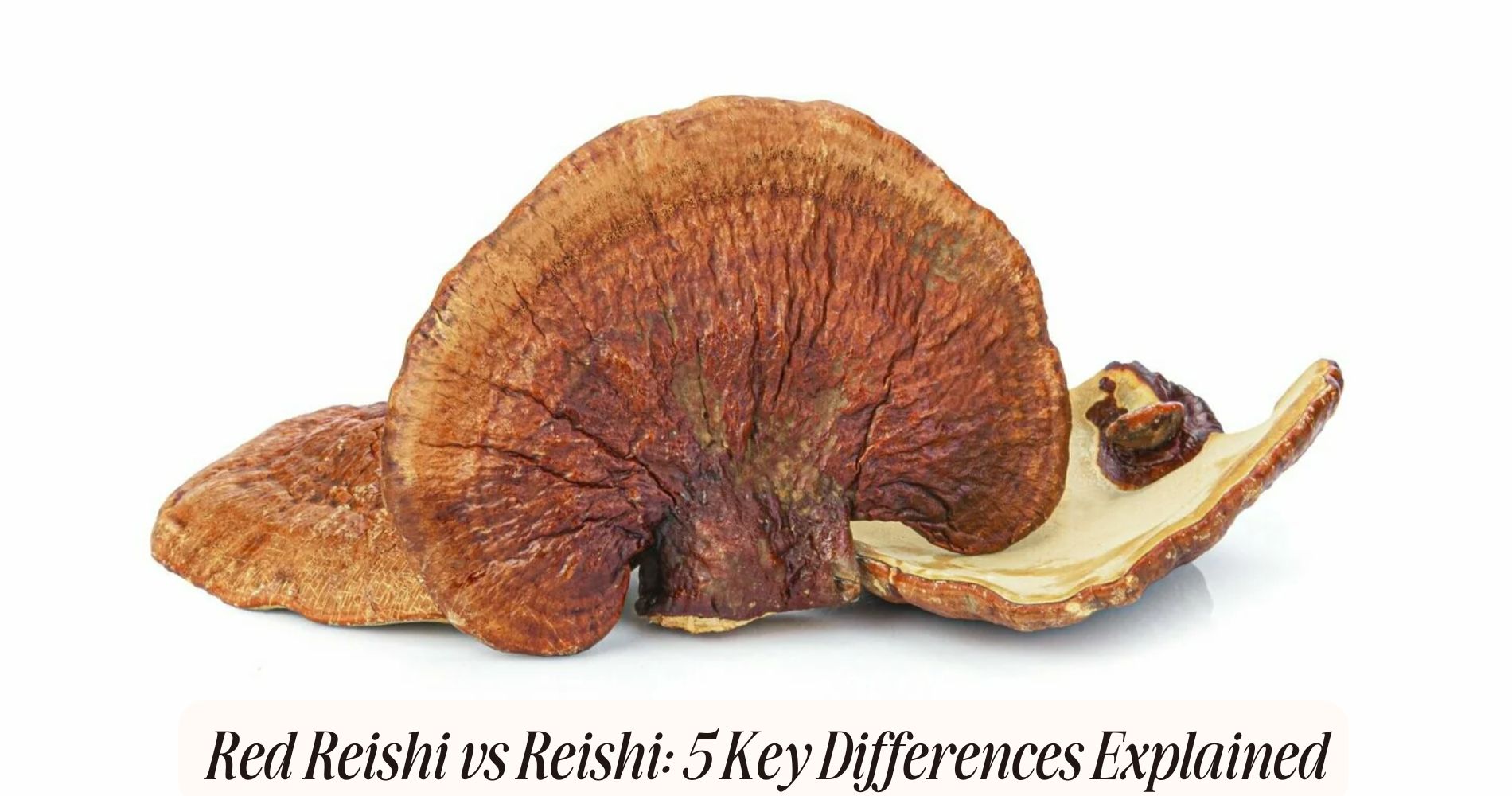
Turkey Tail Mushrooms for Dogs: What You Need to Know
What Are Turkey Tail Mushrooms?
Turkey tail mushrooms, scientifically known as Trametes versicolor, are a type of polypore fungus found worldwide. These mushrooms are easily identifiable by their distinctive, colorful bands resembling a turkey's tail.
They're not just visually appealing; their nutritional profile is impressive. Turkey tail mushrooms are rich in polysaccharides, particularly beta-glucans, which are known for their immune-boosting properties.
In addition to their nutritional value, turkey tail mushrooms possess several medicinal properties. They've been used in traditional medicine for centuries, particularly in Asia, for their potential health benefits.

Research suggests they may enhance immune function and support overall well-being. The presence of antioxidants can help combat oxidative stress, while the anti-inflammatory compounds may contribute to various health improvements.
Incorporating turkey tail mushrooms into your diet can be beneficial due to their medicinal properties and nutritional profile. They can be consumed in various forms, including powders, teas, or capsules, making them versatile additions to your health regimen.
If you're looking to explore natural supplements, turkey tail mushrooms could be a valuable option to examine.
Health Benefits for Dogs
Incorporating turkey tail mushrooms into your dog's diet can offer several health benefits. These mushrooms are known for their potent immune support properties, primarily due to their rich content of polysaccharopeptides, such as PSP and PSK.
These compounds help stimulate your dog's immune system, enhancing its ability to fight off infections and diseases.
Turkey tail mushrooms have gained attention in the field of cancer treatment as well. Research indicates that they may improve the effectiveness of conventional cancer therapies. By promoting the production of immune cells, turkey tail can help your dog's body better respond to treatment and manage the side effects of chemotherapy.
Some studies suggest that these mushrooms may even inhibit tumor growth, offering a complementary approach alongside traditional veterinary care.
Moreover, turkey tail mushrooms contain antioxidants that combat oxidative stress, contributing to overall wellness. Including them in your dog's diet can lead to increased energy levels and improved health.
However, it's essential to consult with your veterinarian before making any dietary changes to guarantee that turkey tail mushrooms are suitable for your dog's specific health needs.
How to Administer Safely
When introducing turkey tail mushrooms into your dog's diet, it's important to do so safely and effectively. Start by consulting your veterinarian to confirm that turkey tail mushrooms are appropriate for your dog's specific health needs. They can provide tailored dosage guidelines based on your dog's weight, age, and overall health.
Typically, the recommended dosage ranges from 1 to 3 grams per 10 pounds of body weight per day. However, it's vital to monitor your dog's response and adjust accordingly.

Administration methods can vary; you can offer turkey tail mushrooms in powdered form mixed with their food, or opt for capsules if your dog tolerates them well.
If your dog is hesitant to eat the mushrooms, try incorporating them into a favorite treat or using a pill pocket to mask the taste. Always make sure that your dog has access to fresh water when introducing any new supplement.
Potential Side Effects
While turkey tail mushrooms are generally safe for dogs, potential side effects can occur, especially if introduced too quickly or in excessive amounts.
Some dogs may experience gastrointestinal issues, such as vomiting or diarrhea, particularly if they're sensitive to new foods or supplements. It's essential to monitor your dog closely after administering turkey tail mushrooms for any signs of distress.
Allergic reactions, though rare, can also happen. Symptoms may include itching, swelling, or difficulty breathing. If you notice any of these signs, discontinue use immediately and consult your veterinarian.
To minimize risks, always adhere to dosage guidelines provided by a veterinarian or a reliable source. Starting with a small amount and gradually increasing the dosage can help your dog adjust better.
Each dog is unique, and factors like size, age, and overall health can influence their tolerance to turkey tail mushrooms.
Choosing Quality Supplements
Selecting high-quality turkey tail mushroom supplements is essential for guaranteeing your dog receives the maximum benefits while minimizing potential side effects.
Start by looking for products that adhere to rigorous certification standards, such as those from the USDA or NSF. These certifications indicate that the supplements have undergone testing for purity and potency, guaranteeing that you're giving your dog a safe and effective product.
Next, pay attention to the sourcing practices of the manufacturer. Quality turkey tail mushrooms should be sourced from reputable suppliers who prioritize sustainability and organic farming methods. This not only assures that the mushrooms are free from harmful pesticides but also guarantees they retain their beneficial properties.

Additionally, consider the extraction method used in the supplement. Look for products that utilize hot water extraction or dual extraction processes, as these methods effectively concentrate the bioactive compounds beneficial for your dog's health.
Enhance Your Wellness with Well Gummies' Ultimate Wellness Bundle
If you're looking for a simple and delicious way to boost your health, Well Gummies' Ultimate Wellness Bundle is your go-to solution. This gum chew product includes All-in-One Mushroom Gummies for daily support and Lion's Mane Focus and Energy Gummies for an extra boost when needed. With 10 types of mushrooms, these vegan gummies naturally fuel your brain, support immune health, and enhance focus, all with a fresh wild berry flavor. No jitters, no crash—just smooth, sustained energy to help you feel your best every day!
Frequently Asked Questions
Can Turkey Tail Mushrooms Interact With Other Medications for Dogs?
Turkey tail mushrooms can interact with other medications in dogs. You should consult your veterinarian about turkey tail benefits and appropriate mushroom dosage to guarantee safety and effectiveness, avoiding potential adverse reactions with existing treatments.
Are Turkey Tail Mushrooms Safe for Puppies and Senior Dogs?
When considering puppy safety and senior benefits, turkey tail mushrooms can be safe for both. However, consult your vet first to verify they're appropriate for your dog's specific age, health conditions, and any medications.
How Long Does It Take to See Benefits in Dogs?
You'll typically notice benefits in dogs within two to four weeks, depending on the dosage guidelines you follow. Individual responses may vary, so monitor your dog closely for signs of improvement during this effectiveness timeline.
Can Turkey Tail Mushrooms Be Used for All Dog Breeds?
Turkey tail benefits can apply to various dog breed compatibility, but individual responses may vary. Always consult your veterinarian before introducing any supplement, ensuring it aligns with your dog's specific health needs and breed characteristics.
Where Can I Find Reputable Sources for Turkey Tail Mushroom Products?
You can find reputable sources for turkey tail mushroom products by researching reputable brands online. Check product reviews on trusted websites, forums, or pet health blogs to confirm you're choosing high-quality supplements for your dog.
Conclusion
Incorporating turkey tail mushrooms into your dog's diet can offer significant health benefits, particularly for immune support. However, it's essential to consult with your veterinarian before starting any new supplement. Make sure you choose high-quality products to maximize efficacy and minimize potential side effects. By taking these precautions, you can safely enhance your dog's well-being while reaping the advantages of this powerful mushroom. Always stay informed and prioritize your pet's health in your choices.




